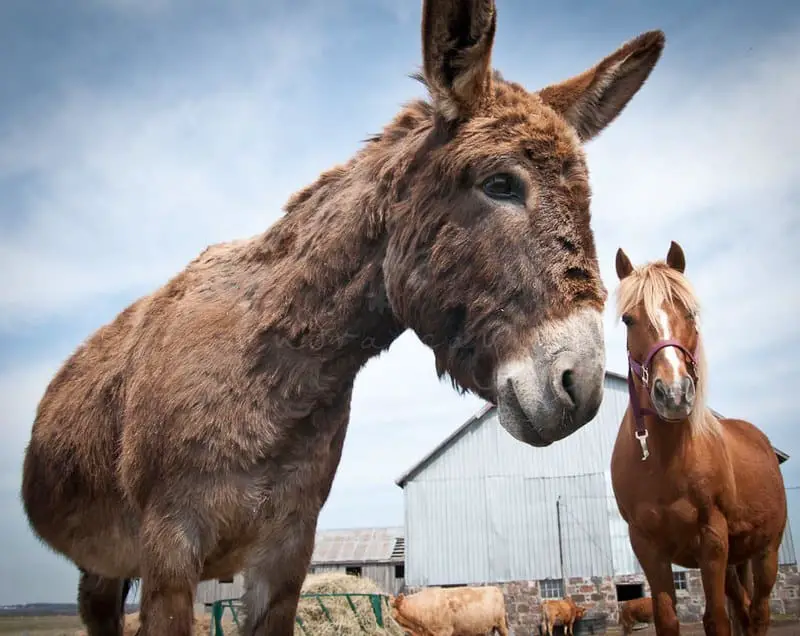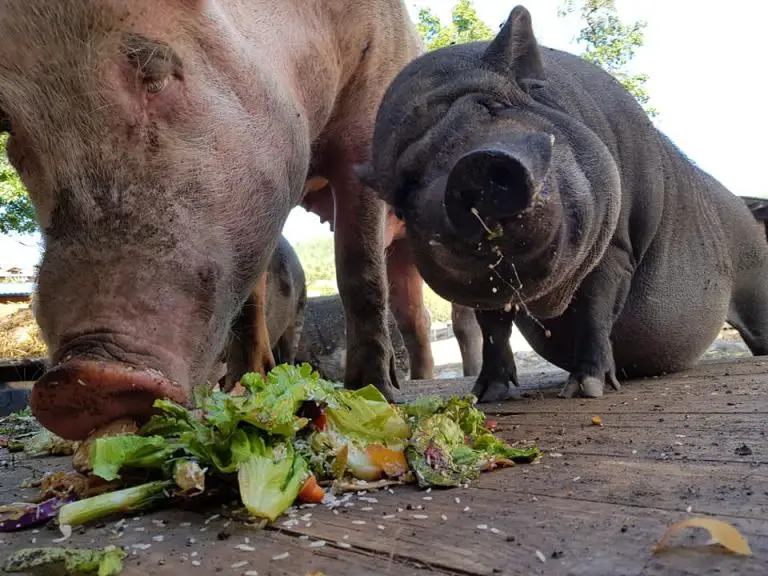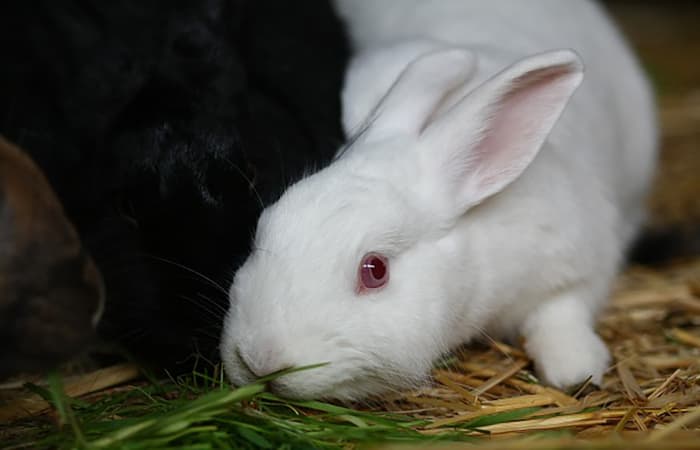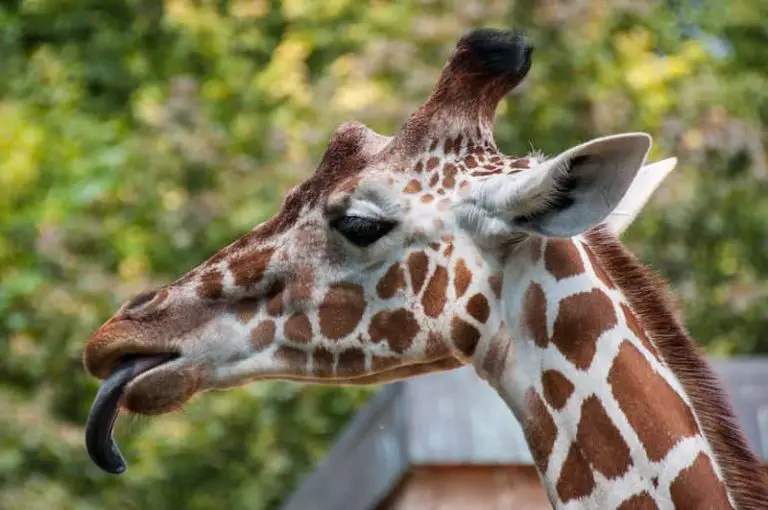Donkey vs Mule vs Horse (Which One Is The Best)

Mules, donkeys, and horses, are equine animals belonging to the same family, share so many similarities that they are often confused, but in reality, these three animals possess very distinctive characteristics that make them special and each excels in different activities and are not suitable for others.
But if we take a middle ground for comparison it could be said that the mule is better, the mule has the advantages of a donkey and a horse. It is more powerful than a donkey, more stamina than a horse, and has a gentler temperament than a horse.
To know which is the best of these three animals, it is necessary to know their strengths and weaknesses, as each excels at specific tasks.
The mule
The mule is a cross between a horse and a donkey, from my point of view, it has all the advantages to be considered the best of the three equines in general terms since the mule has all the advantages of a horse and a donkey.
The mule has a strong physique, strong limbs and hooves, strong vitality and disease resistance, has the endurance of a donkey and the size of a horse, and has a temperament between a horse and a donkey and is easy to control.
The mule reports little risk of digestive complications, a high rate of feed utilization, and longer life.
The longevity of mules is similar to that of donkeys and horses, living an average of 27 years, but their labor value is greater than that of horses and donkeys, making mules better working animals.
Like donkeys and horses, the mule sleeps very little, sometimes lying down and closing their eyes, although they practice a resting position with their hind limbs. This consists of standing on three legs with the fourth leg semi-suspended.
Also, it is necessary to understand that within the mule genus, there are horse mules and donkey mules.
The horse mule is a cross between a mare and a male donkey, while a donkey mule is the crystallization of a male horse and a female donkey.
Disadvantages of mules
Mules are susceptible to contracting tetanus, which is caused by contaminated wounds from cutting themselves with fence wires or sharp objects such as vines or tree branches.
Contact with other equine excrement is also a route of infection, so vaccination against tetanus is necessary, like other equines in warm climates, they are susceptible to encephalitis.
Mules are not fertile because they are the product of reproductive isolation between horses and donkeys. So-called reproductive isolation means that different species generally do not mate, even if they do mate, they will not produce offspring or the offspring are not fertile.
The donkey
Donkeys are animals that have a wide range of varied in terms of the types of work they can do, their requirements work they can perform, their maintenance and operating maintenance and operating requirements are very modest.
The donkey is a highly disease-resistant animal, much more resistant than the donkey, and just as resistant as the mule, although it may be thought otherwise, the donkey is also a very intelligent animal, it may even be the most intelligent of the three equids in comparison.
The donkey can also be used as a farm guardian animal, because it is a very social animal, fearlessly protecting its farm members from predatory canines such as wolves and coyotes.
The donkey is a calm animal in its relationship with humans, it does not instill fear, unlike the horse whose size could be intimidating. The donkey is a very strong animal, thanks to its bone structure, but because it is considerably smaller than a horse, its strength is less in both load and draft than that of a horse.
Although the horse, because of its size, may be stronger than a donkey, the donkey is an excellent pack animal, and a donkey is much stronger and more resistant than a horse of the same size.
An adult donkey (its live weight ranges from 130 to 240 kg) can easily carry a load of 50 kg on its back, or two 25-liter water containers strapped to each side of the packsaddle.
A day’s work of a small donkey should not exceed the transport of 50 kilos over a distance of 20 kilometers in about 6 hours of walking.
The transport of bulky material such as firewood, logs, crop residues, straw, or hay is preferable to be done on the back of a donkey rather than on a donkey’s back. on the back of a donkey, rather than manually or balancing it on a person’s head.person’s head.
Disadvantages of donkeys
Donkeys are very hardy animals, but unlike horses, they do not have a protective coat under their fur to protect them from low temperatures, and therefore the donkey cannot stay outdoors during rainy days.
Donkeys are impossible to train, yes, they can be domesticated animals, but their inability to recognize humans as alphas makes them incapable of following commands, which is why they have earned a reputation for being stubborn.
Donkeys tend to freeze when threatened. This is different from horses that tend to run away immediately, although it is very difficult to scare a donkey.
Do donkeys kick?
Despite being a sociable and calm animal, donkeys are known to kick and even bite people when they feel disturbed or threatened. Special caution should be taken when handling donkeys or trying to force them to do things they don’t want to do, such as tying them up or riding them.
The Horse
About the horse, there is not much to say because it is the most popular of the three equines in comparison, the fastest, biggest, strongest, used since ancient times as a war animal.
A horse is smart, but many people think a donkey is smarter. However, it is easier for horses to get along with dogs and pets. If you rule the horses and become their herd leader, horses are easier to train, but donkeys are not.
One of the disadvantages of horses in relation to mules and donkeys is that they need a lot of space for breeding and development. To have one or two horses, several acres of land is recommended, including a large area where the horse can freely pasture.
Donkeys are braver than horses
Horses are herd animals, while donkeys are semi-solitary animals, like deer, and form small family groups. Don’t get me wrong, donkeys don’t like to be alone, but they also don’t roam in herds like horses.
This is where the personality differences evolve. Horses seek alpha and can accept humans as alpha,
Most horses are submissive and will flee in the face of danger, even if it means leaving the smallest or weakest member of the herd behind. For the horse, the survival of the herd is better than that of the individual.
In the case of donkeys, it is the opposite, apart from the bond between the donkey and its offspring, personal survival predominates, they tend to stand their ground and fight instead of running away, that is why the donkey is considered as a protective animal in farms, it does not scare easily, and fights to protect the nearby animals in its environment.
Even within their own family, donkeys do not accept alphas, which is why donkeys have earned a reputation for being stubborn and obstinate, they do not take orders, the best way to train a donkey is to recognize this behavior.







